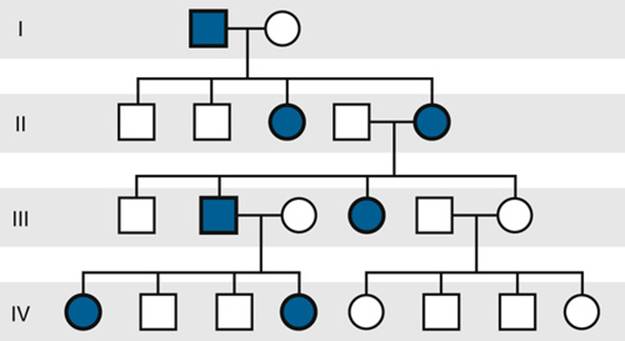New research, published in Molecular Biology and Evolution, has found that one in three European women inherited a gene associated with increased fertility from Neandertals.
Researchers from the Max Planck Institute for Evolutionary Anthropology in Germany and Karolinska Institutet in Sweden found that women inherited the receptor for progesterone that increases fertility and causes fewer miscarriages and fewer bleedings during early pregnancy.
Researcher Hugo Zeberg, who performed the study along with colleagues Janet Kelso and Svante Pääbo, said, “The progesterone receptor is an example of how favorable genetic variants that were introduced into modern humans by mixing with Neandertals can have effects in people living today.”
Progesterone is a hormone that plays a key role in regulating the menstrual cycle and pregnancy.
The researchers analyzed biobank data from more than 450,000 participants, among them 244,000 were women. They found that at least one in three women in Europe inherited the progesterone receptor from Neandertals.
The investigators also found that 29 percent carried one copy of the Neandertal receptor and 3 percent carried two copies of the gene, which has a positive effect on fertility.
Zeberg explained, “The proportion of women who inherited this gene is about ten times greater than for most Neandertal gene variants. These findings suggest that the Neandertal variant of the receptor has a favorable effect on fertility.”
The findings also suggested that women who carry the gene variant of the receptor from Neandertals were found to have fewer bleedings during early pregnancy.
In addition, the study found that having that receptor caused fewer miscarriages, allowing women to give birth to more children.
The researcher also looked at the molecular analyses and found that these women secrete more progesterone receptors in their cells, resulting in increased sensitivity to progesterone and protection against early bleedings and miscarriages. Swiss-based NOMIS Foundation and the Max Planck Society supported the research.






















